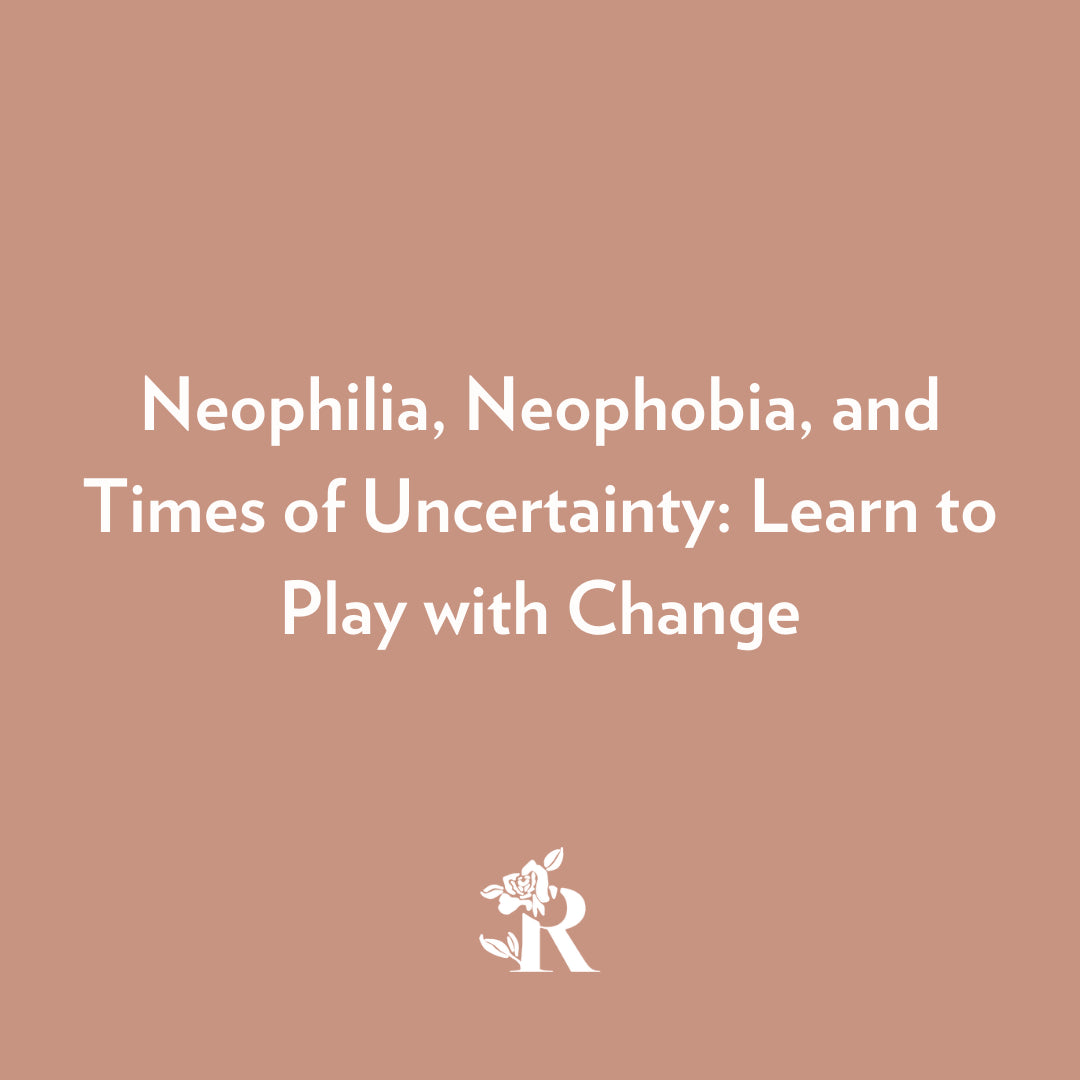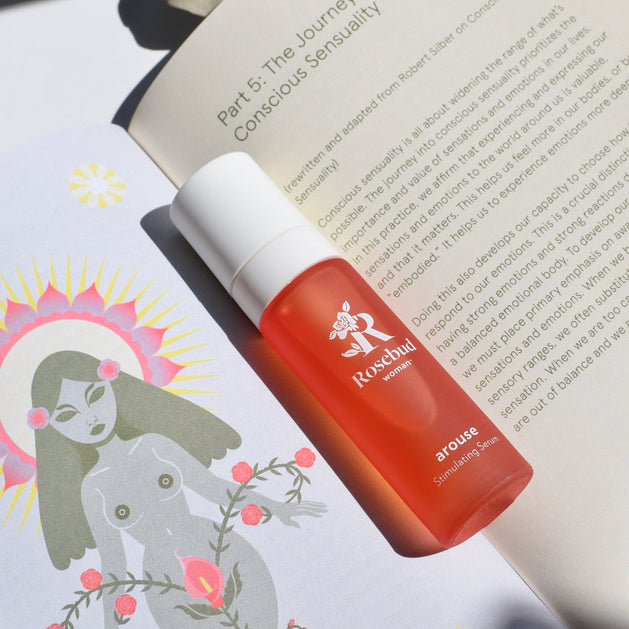(Definitions adapted from wikipedia)
Neophilia: The ability to adapt rapidly to extreme change.A distaste or downright loathing of tradition, repetition, and routine. A tendency to become bored quickly with old things. A desire, bordering on obsession in some cases, to experience novelty. A corresponding and related desire to create novelty by creating or achieving something and/or by stirring social or other forms of unrest.
Neophobia: A fear-based response to the unknown or the new. Can show up as being stuck in a rut, or as an unwillingness to try anything new or change a routine. Science historian Thomas Kuhn opines that this is an evolutionary advantage: that “New ideas—however well-proven and evident—are implemented only when the generations who consider them "new" die off, and are replaced by generations who consider those same ideas accepted and old.
Why do some of us respond to new conditions with expansion, faith, and curiosity, while others experience fear and contraction? What’s the right balance? Can we live in an affirmative response to what the world offers us, not arguing with reality, but rather accepting it and responding to it creatively? We all share the challenge of co-creating the world we want to live in, while taking sensible safety precautions. Why do some of us live our lives almost recklessly—while others live theirs closed down?
It could be genetic. Last year, the journal Nature Genetics reported the identification of “124 genetic variants that are associated with a person’s willingness for ‘risky behaviors’ like smoking, drinking, driving fast, and having multiple sexual partners.”
It could be situational. Even highly resilient people who are generally neophiliacs can get overwhelmed. We all have thresholds that can limit our capacity to respond. When we are already dealing with a lot of change, uncertainty, or new situations, we can reach the point where we just can’t take even one more new thing. This is often called “being flooded”: We are literally out of our right minds, and reacting from pure emotion.
But these are only a few elements of the story. A large part of how we react is conditioned by family and society, and can be modified by shifting our thinking. Many of our responses toward either fear or safety are often intelligent adaptations learned as a young child. To your inner kid, adaptions are often brilliant survival strategies. So, while doing the thought exercises that follow, be kind to yourself. There is no “right” way to be. If you want to invite change, do so gently. Try not to view your mindset as something that needs to be fixed.
Here are some questions we might ask ourselves to “out” our core orientations:
- On a scale of 1 to 10, is the world more or less a safe place for me?
- On a scale of 1 to 10, am I capable of handling anything that comes my way?
- How resilient do I think I am?
- What percentages of my thought energy are spent dwelling in the past, scenario-spinning about the future, or being in the now? Does that ratio serve me?
- How often during the day do I have a fear-based or stress-based judgement or response to the world?
Know also that we learn behaviors from our parents, grandparents, and communities. We are very likely to mimic their responses—not only to economic and physical danger, but to how they typically responded to new things, new people, new ideas.
Some other ideas to explore:
Do I lean into “Perfection Withholds,” or “Joyful Experiments”?
Perfection withhold tells me, “I’m not good at something, so it’s not worth doing.” When I’m in this mindset, I have a fear of criticism. It’s hard for me to be a beginner at something again.
Scene: Painting party. The perfection withhold says: “I’m not good at art, I’m really terrible, not interested.” The joyful experimenter says: “That looks like fun! I’ve never painted before, let’s see what comes out.”
Am I more often a “Hesitant Onlooker,” or a “Fearless Amplifier”?
The hesitant onlooker mindset says: “I prefer to hang back rather than join in; If I join in, people might judge me: I might feel ashamed.”
Scene: Group exercise class. Between sets, two women in the class are dancing around to an old disco tune. Hesitant Onlookers responses might be: "If you dance like that, you'll sprain your ankle" and "We're really showing our age, knowing the words to these songs!" The Fearless Amplifier, on the other hand, joins in (or at least smiles and wiggles around a little bit).
How often am I in “Fear Contraction,” as opposed to “Universe Expansion”?
Fear contraction tells me that I have to carefully control my environments in order to minimize risk—especially where I’m responsible for others. The Universe Expansion mindset says, “what can I learn?”
Scene: Planning an outing to ride horses, and assessing the capacity of a seven-year-old boy to join the ride. The Universe Expansion mindset says, "Of course he can, it's the right age to learn." The Fear Contraction says: "Are you crazy? He doesn't know how to ride!" The latter may be an expression of projected or inherited fear.
Do I have a “Faith in Safety,” or “Faith in an Unstable Universe?”
The Faith in Safety mindset believes that “if I do nothing wrong, nothing bad will happen to me.” The Faith in an Unstable Universe mindset knows that the only constant is change, and dances with the dynamism of life.
Scene: Both members of a couple suddenly find their lives in flux due to COVID sheltering demands. Money's not at issue. Faith in Safety mindset: Argues with reality, waits for a job in public event planning to come back, wants to guard against any change. The Faith in an Unstable Universe says: “Start playfully investigating this once in a lifetime hiatus from demanding, place-based careers. What could my partner and I do together that would be both fun and expansive?”
The fact is, we are living in a time of unprecedented, accelerated change, on a global scale. How does one even makes plans in times like this, or hold one’s center? While there are no super easy answers, there are some useful strategies for moving gracefully through this ever-changing worldscape. They include finding a new belief in our own resilience, developing a capacity to roll with whatever comes, and playing with change as though it were a challenging, and fascinating, puzzle.
shop now


























